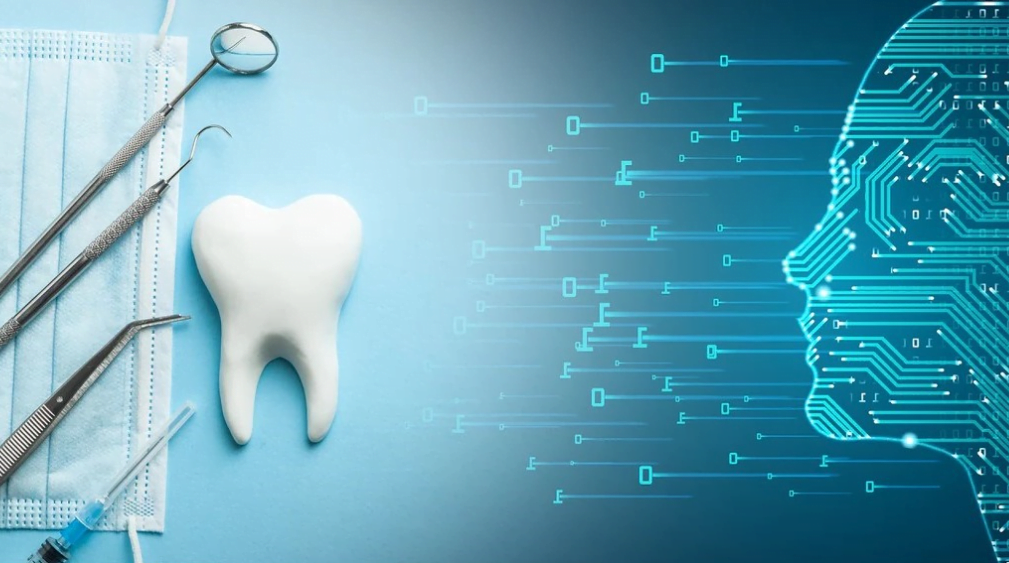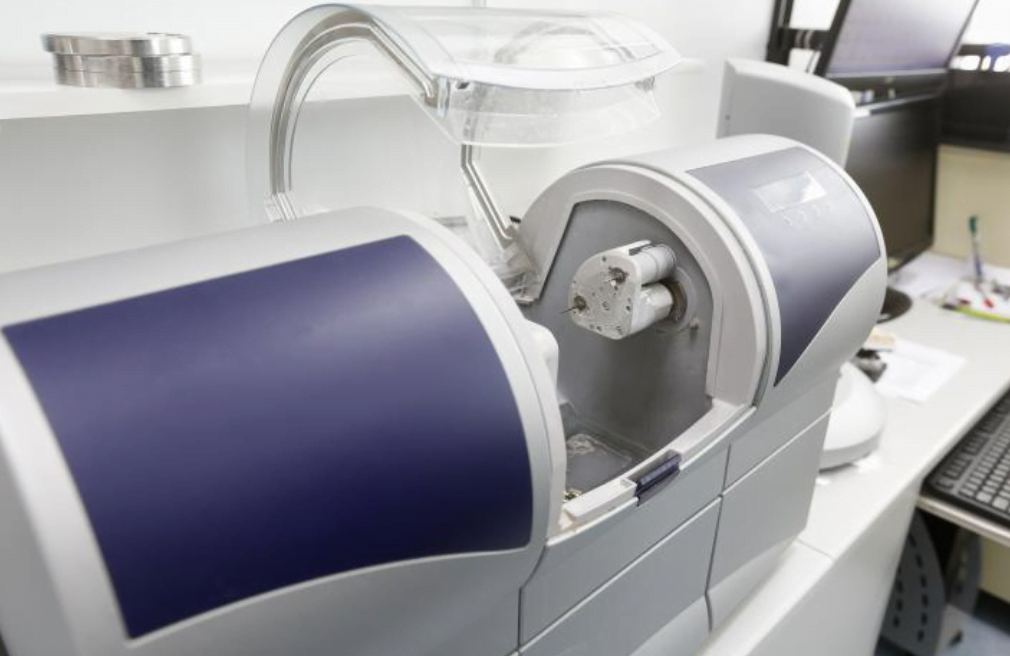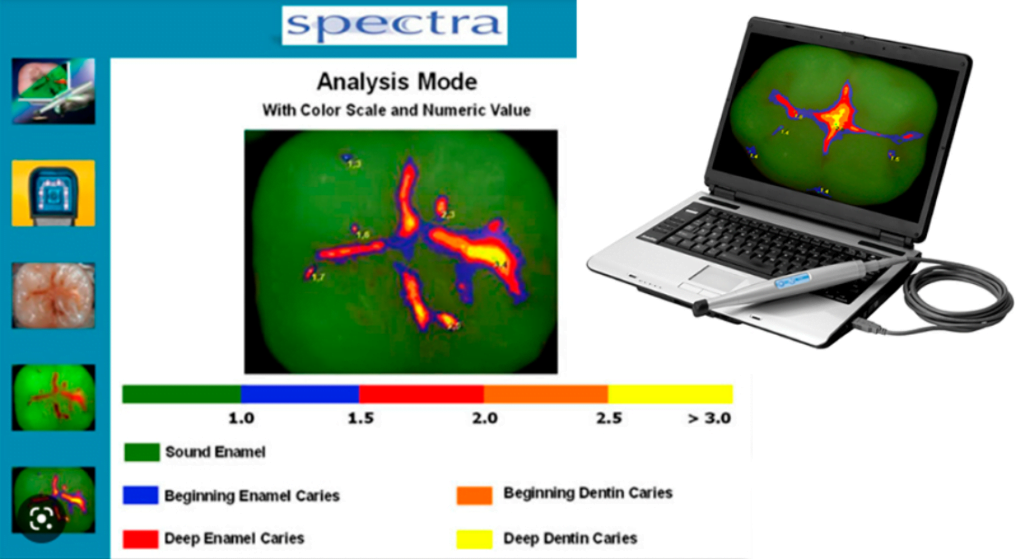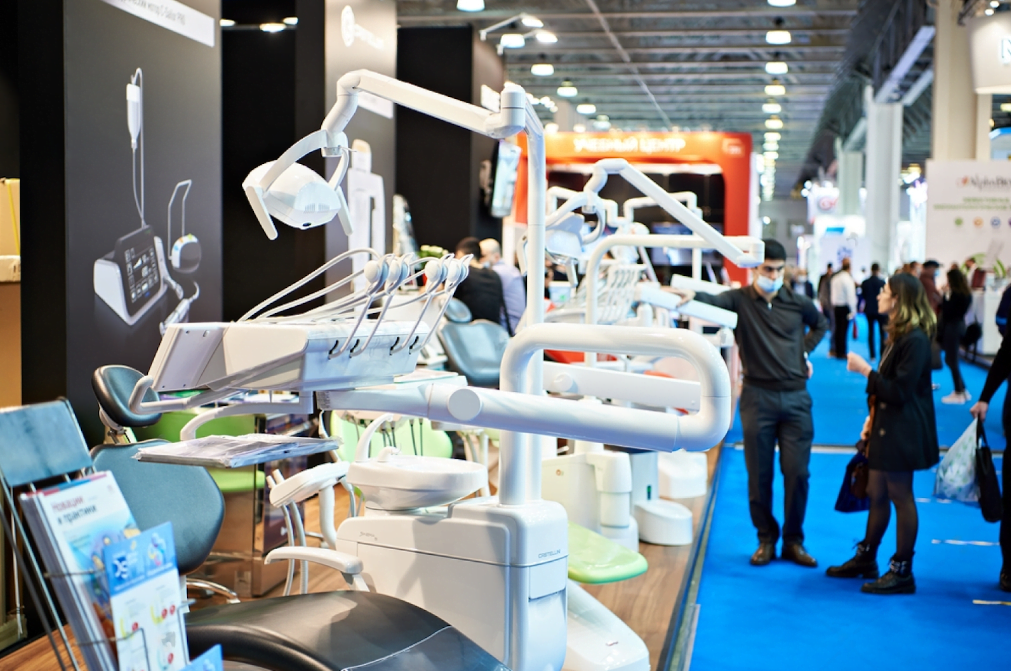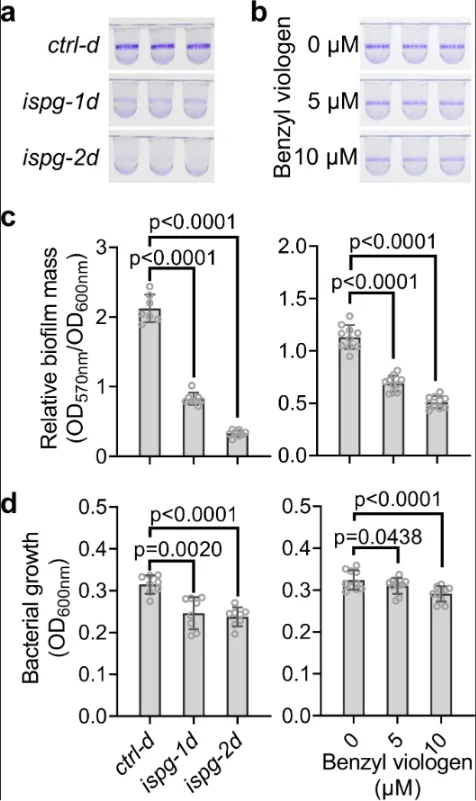Should you hire AI — how artificial intelligence and other technologies are changing the rules in the dental industry
Artificial intelligence (AI) and other technologies are transforming the dental industry, from diagnosis and treatment planning to patient communication and education.
AI algorithms can help dentists detect and diagnose oral health issues such as cavities, gum disease, and oral cancer with greater accuracy and efficiency than traditional methods. As AI doesn’t tire, overlook details, and quickly assimilates the latest research findings. This can lead to earlier detection and treatment, ultimately improving patient outcomes.
Other technologies, such as 3D printing and intraoral scanners, are also changing the way dentists practice. 3D printing can be used to create custom dental implants, crowns, and other dental prosthetics, while intraoral scanners allow dentists to create digital impressions of patients’ teeth, eliminating the need for messy and uncomfortable traditional impressions.
These steps pertain to the CAD/CAM technology, which enables obtaining a ready-made prosthesis just an hour after creating a digital image of the jaw. The data from the image are processed by specialized software and transferred to a CNC machine, where the prosthesis is milled from zirconium dioxide and doesn’t require any adjustments. A temporary prosthesis can also be milled on the machine or printed on a 3D printer.
AI is also being used to improve patient communication and education. Chatbots and virtual assistants can answer patients’ questions and provide information about dental procedures and oral health, while virtual reality tools can help patients better understand the dental procedures they will undergo.
Despite the potential benefits of these technologies, there are also challenges to their widespread adoption in dentistry. Cost and accessibility are two major barriers, particularly for smaller practices and those in underserved areas. There is also the challenge of integrating these technologies into existing workflows and ensuring that they are used safely and ethically.
As the dental industry continues to evolve, it is likely that AI and other technologies will play an increasingly important role in improving patient care and outcomes. It is important for dentists to stay up-to-date with these developments and carefully assess their potential benefits and issues, in order to timely adopt them into their practice

